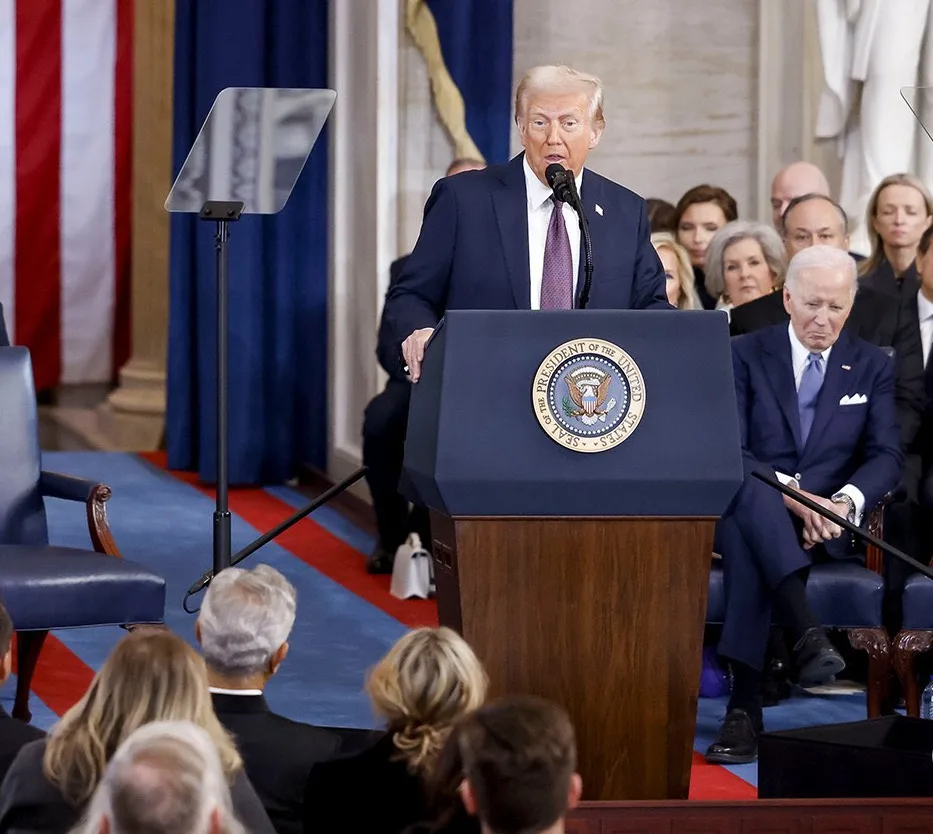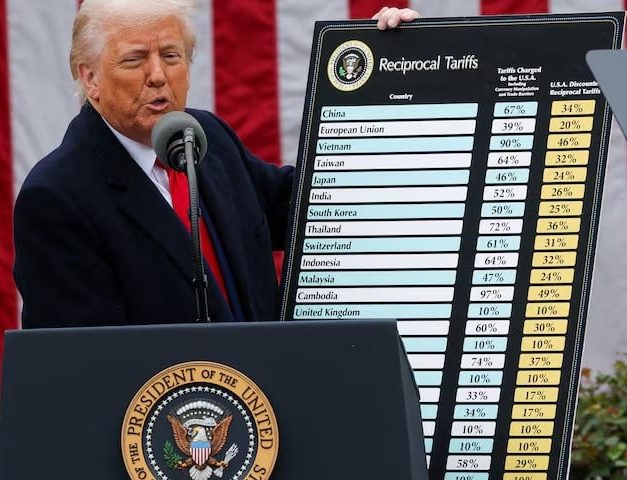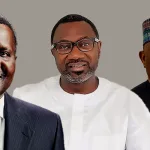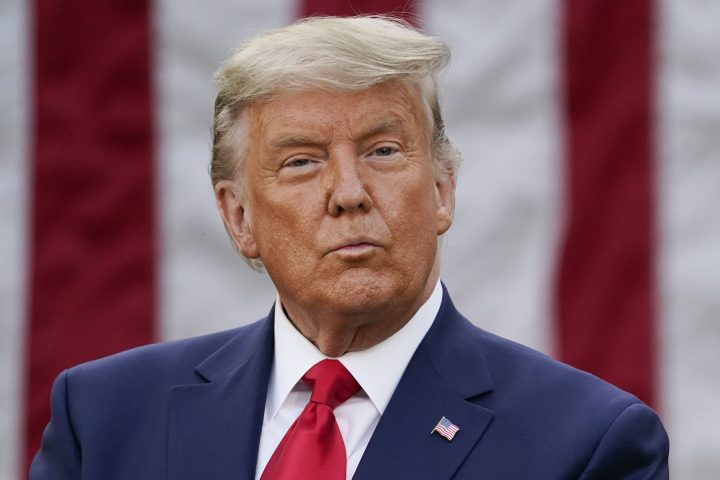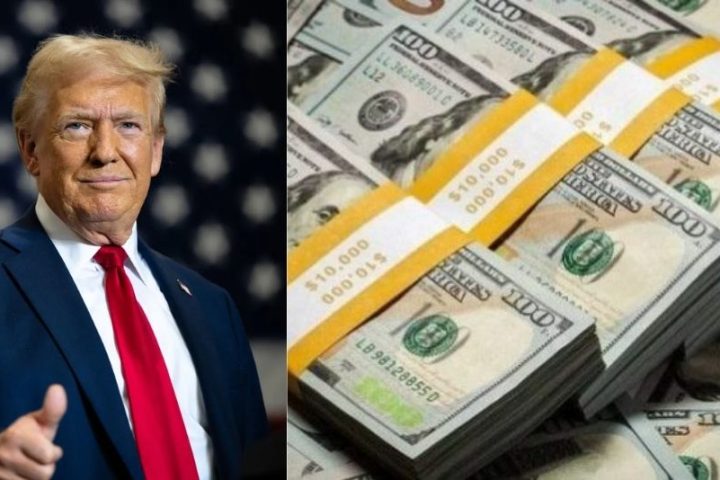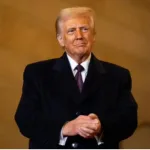Donald Trump’s proposed economic reforms aim to revitalize the US economy through tax cuts, deregulation, and eliminating wasteful spending. However, concerns arise about the impact on vulnerable populations, including the poor, elderly, and sick. Do these policies genuinely serve those in need or primarily benefit the wealthy and powerful?
These measures are presented as solutions to stimulate growth, create jobs, and reduce inflation. Then, a critical question arises: Do these policies genuinely serve America’s most vulnerable populations (the poor, elderly, and sick), or are they designed to benefit the wealthy and powerful?
Join our WhatsApp ChannelThese initiatives may appear beneficial on the surface, but their broader implications on income inequality and access to essential services warrant closer scrutiny. This article briefly explores how third-world countries might draw lessons from Trump’s model.
Could such reforms provide a roadmap for economic development in nations struggling with poverty and systemic inefficiencies? Or do they risk exacerbating inequality and marginalisation? This global perspective adds depth to the analysis of Trump’s policies and their potential impact on vulnerable citizens.
A Recap of Trump’s Proposed Economic Levers
Trump’s economic agenda focuses on deregulation, aiming to cut red tape and stimulate business growth. Another initiative is the “Gold Card” residency programme, offering lifetime residency for $5 million, with an estimated $1 trillion in revenue from 100,000 buyers. However, its success depends on demand and U.S. stability.
Trump’s administration also promises to eliminate $1 trillion in government inefficiencies and implement tax cuts. Individuals earning below $150,000 would pay no taxes, and corporate taxes would drop from 21% to 15%, making the U.S. more competitive than many European countries.
From a global perspective, these policies offer both opportunities and challenges, and on the other hand, these policies could influence how third-world countries approach economic reform.
Do These Reforms Truly Protect the Weak?
READ ALSO: Trump’s Tariff Tightrope: Navigating Global Trade Uncertainty
Trump’s rhetoric links economic efficiency to protecting vulnerable populations, suggesting that eliminating waste helps those in need. Is it possible that tax cuts for corporations and high-income earners will “trickle down” to low-income households, potentially widening income inequality? Proposed spending cuts target programmes like Medicaid, Social Security, and food assistance, threatening essential support for millions.
Trump’s tariffs on imported goods also pose a challenge. While intended to protect domestic industries, tariffs raise prices on essentials like cars, electronics, and clothing, burdening low-income families. This creates a contradiction between cutting taxes and raising tariffs, which may cancel out benefits for ordinary Americans.
The question remains whether these policies truly protect the weak or exacerbate their struggles. As such, the effectiveness of Trump’s reforms in safeguarding the most vulnerable citizens remains a subject of debate.
Tariffs in Other European Countries
European countries use tariffs strategically to protect domestic industries while maintaining economic equity. For example, the European Union imposes a 10% tariff on U.S. cars, compared to the U.S.’s 2.5% tariff on European cars. This disparity supports Trump’s claim of unfair trade practices but also reflects Europe’s broader approach to balancing protectionism with social equity.
While these tariffs shield European manufacturers, compensatory policies often mitigate their impact on low-income households, ensuring that vulnerable populations are not disproportionately burdened by higher costs.
Recent developments highlight Europe’s nuanced use of tariffs. In response to Chinese electric vehicle (EV) imports, the EU announced new tariffs of up to 38.1%, significantly higher than the existing 10%.
Therefore, Trump’s arguments about trade imbalances carry weight, but European tariffs are often paired with policies that support social welfare systems funded by higher taxes.
What Government Vision Entails
Mohamed Adany, in a recent social media post, articulated a vision of governance focused on efficiency and support for vulnerable populations. In his support for Trump, he stated:
“When you eliminate waste, the money can go where it is needed: to the elderly, to the sick, to the people who cannot work. That is the real purpose of government: to protect the weak.”
Adany’s remarks underscore the belief that streamlined governance can free up resources to bolster social support systems. He further questioned the commitment of global leaders to such reforms, asking:
“Do you have leaders in your country pushing for real reform? Or are they talking about non-relevant side topics?”
These questions are particularly pertinent for developing nations facing economic challenges, with major economies like the United States potentially reducing foreign aid.
Adany’s insights serve as a call to action for leaders in developing nations to prioritise meaningful reforms that address core economic and social issues, ensuring that governance structures are both efficient and responsive to the needs of their most vulnerable citizens.
What Can Third World Countries Learn?
As the U.S. reduces foreign aid, developing nations must adapt by improving tariffs on imported goods, reducing domestic tax collection and eliminating internal waste. This involves enhancing tax systems to reduce evasion and implementing robust auditing mechanisms to ensure resources are used efficiently. Attracting ethical investment through smarter regulation is also crucial, as it can foster local economic growth while aligning with national development goals.
Leaders should focus on public spending effectiveness, ensuring that funds are allocated to essential services like healthcare and education. While Trump-style reforms may not be fully applicable, the principles of efficiency and accountability are universally beneficial. By adopting these strategies, developing nations can build more resilient economies that are better equipped to address their unique challenges.
READ ALSO: Trump Strikes With Tariffs, Nigeria Stands Down
Mohamed Adany’s insightful quote underscores the universal challenge for governments: to use public funds wisely to support those in need. His words challenge leaders worldwide to prioritise meaningful reforms over rhetoric.
For the U.S., the question remains whether Trump’s model delivers justice or merely promises change. For developing nations, the challenge is even more pressing: Are their leaders prepared to rise to the challenge of creating efficient, equitable governance that truly supports the vulnerable? This question highlights the need for visionary leadership that balances economic growth with social responsibility.
Dr Mbamalu, a Jefferson Journalism Fellow, member of the Nigerian Guild of Editors and Communications Consultant, is the Publisher of Prime Business Africa
Dr. Marcel Mbamalu is a communication scholar, journalist and entrepreneur. He holds a Ph.D in Mass Communication from the University of Nigeria, Nsukka and is the Chief Executive Officer Newstide Publications, the publishers of Prime Business Africa.
A seasoned journalist, he horned his journalism skills at The Guardian Newspaper, rising to the position of News Editor at the flagship of the Nigerian press. He has garnered multidisciplinary experience in marketing communication, public relations and media research, helping clients to deliver bespoke campaigns within Nigeria and across Africa.
He has built an expansive network in the media and has served as a media trainer for World Health Organisation (WHO) at various times in Northeast Nigeria. He has attended numerous media trainings, including the Bloomberg Financial Journalism Training and Reuters/AfDB training on Effective Coverage of Infrastructural Development of Africa.
A versatile media expert, he won the Jefferson Fellowship in 2023 as the sole Africa representative on the program. Dr Mbamalu was part of a global media team that covered the 2020 United State’s Presidential election. As Africa's sole representative in the 2023 Jefferson Fellowships, Dr Mbamalu was selected to tour the United States and Asia (Japan and Hong Kong) as part of a 12-man global team of journalists on a travel grant to report on inclusion, income gaps and migration issues between the US and Asia.

